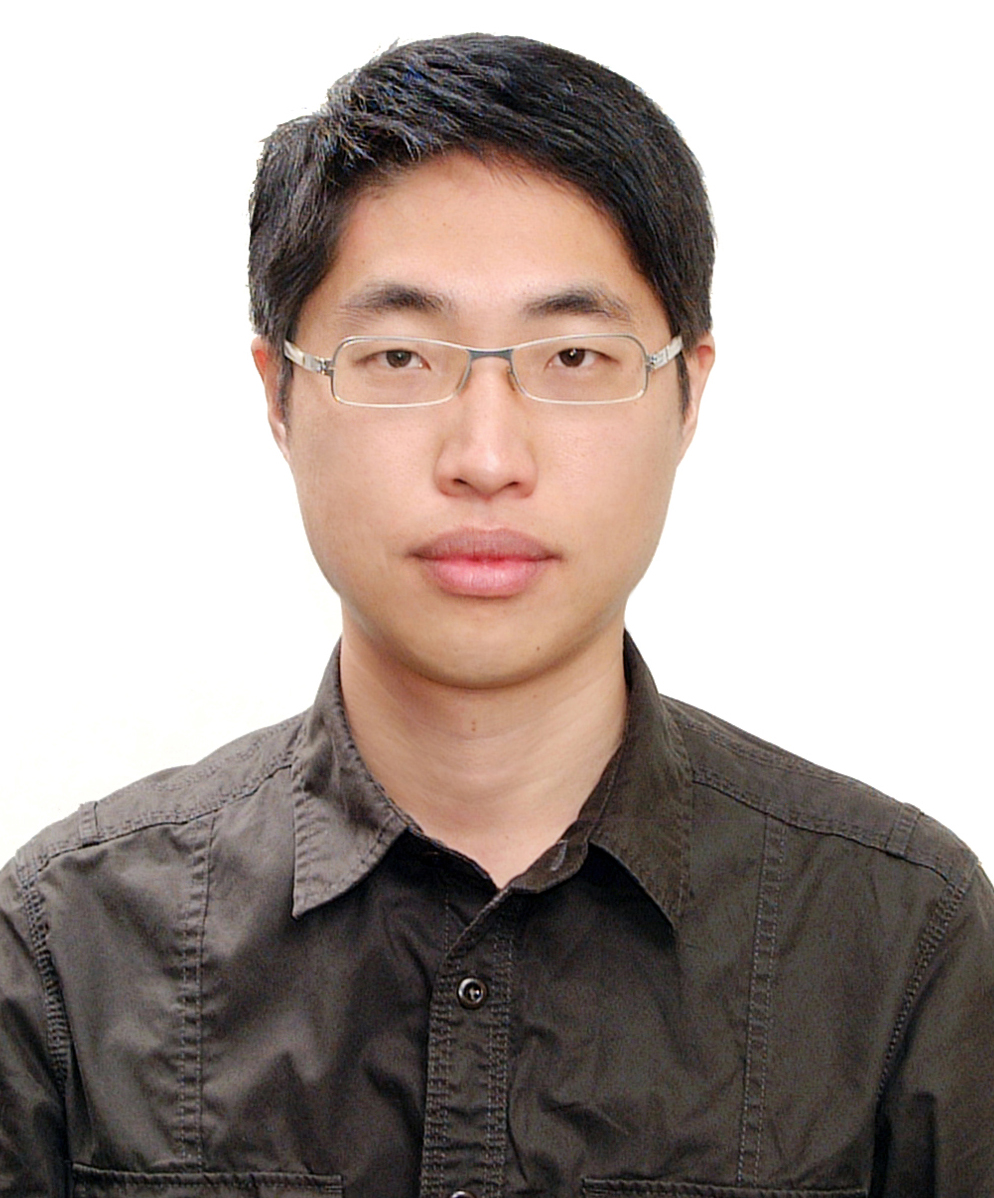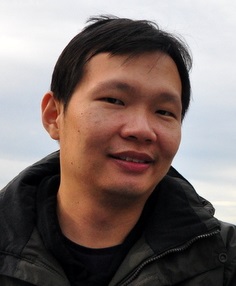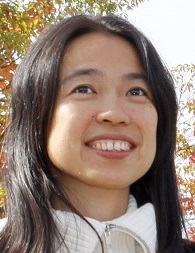Invited Talks

Alan Blair
University of New South Wales
Title: Adversarial Deep Learning for Computational Creativity
Abstract
This talk will briefly summarize both historical and recent developments in adversarial and convolutionary machine learning - including virtual creatures, sorting networks and game playing, as well as computational creativity. Recent work in artist-critic convolution will be described, in which a genetic program artist trained by hierarchical evolution contends with a deep convolutional neural network critic trained by gradient descent. Driven by selective pressure for low algorithmic complexity, combined with the need to fool the critic, the artist evolves to produce geometric shapes and patterns which remind us of everyday objects, landscapes and designs in a manner comparable to abstract art of the early 20th Century. The talk will conclude with a discussion of recent developments in the field, and possible future directions.
Biography
Alan Blair completed his PhD at MIT and worked at Brandeis, University of Queensland and University of Melbourne, before taking up his current position at UNSW. His research interests include self learning for strategic games, robot navigation, language processing, convolutional network architectures and training, adversarial and coevolutionary dynamics, multi-task learning, hierarchical evolution and computational creativity.



